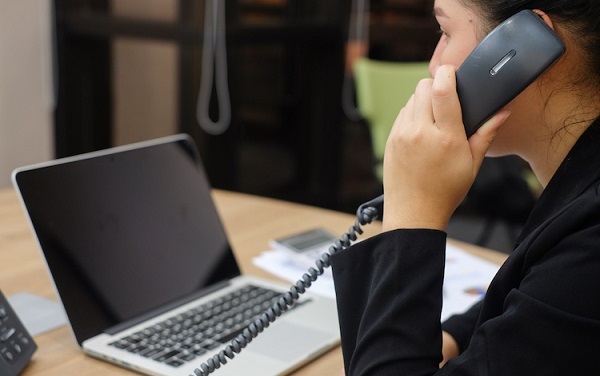
New family hotline dials up support for pandemic-worn Pittsburgh families
This story first appeared in NEXTpittsburgh, which publishes Kidsburgh.
The Pittsburgh Learning Collaborative is throwing a lifeline to parents wading through a sea of information about academics in the age of COVID-19.
To address questions and provide support, a family hotline launched on July 27 and will operate 24/7 through September 30. The service is a group effort between A+ Schools, Alliance for Refugee Youth Support and Education (ARYSE), Circles of Greater Pittsburgh, University of Pittsburgh Center for Urban Education (CUE), Latino Community Center, Lawrenceville United and Boys & Girls Clubs of Western Pennsylvania.
The number for Spanish speakers is 412-335-7446. For English and all other languages, the number is 412-256-8536.
Callers who do not speak Spanish or English can leave a message in their preferred language. Representatives from ARYSE, which has a partnership with Global Wordsmiths, can respond to calls in 10 different languages.
Amie White, director of family and youth engagement for A+ Schools, says all of the organizations involved began fielding calls from concerned parents as soon as schools shut down in March. They joined forces to streamline aid and are seeking funding to continue the hotline well into the next school year.
Each day, two to three representatives from the partner organizations will operate the phones and conduct callbacks within 48 hours of contact. They will have access to a shared Google document with updated information on everything from local school board meetings and grading policies to technology issues and state mandates.
If there is a question that cannot be answered, callers will be referred to the United Way of Southwestern Pennsylvania, which is part of the national 2‑1‑1 Call Centers initiative providing resources for health and human services.
In addition to obtaining information, the family hotline serves as a human connection.
“Even a quick conversation acknowledging that this situation is hard and it’s frustrating can make a big difference in someone’s life,” White says. “A lot of people who are from our partner organizations are parents and can empathize.”
